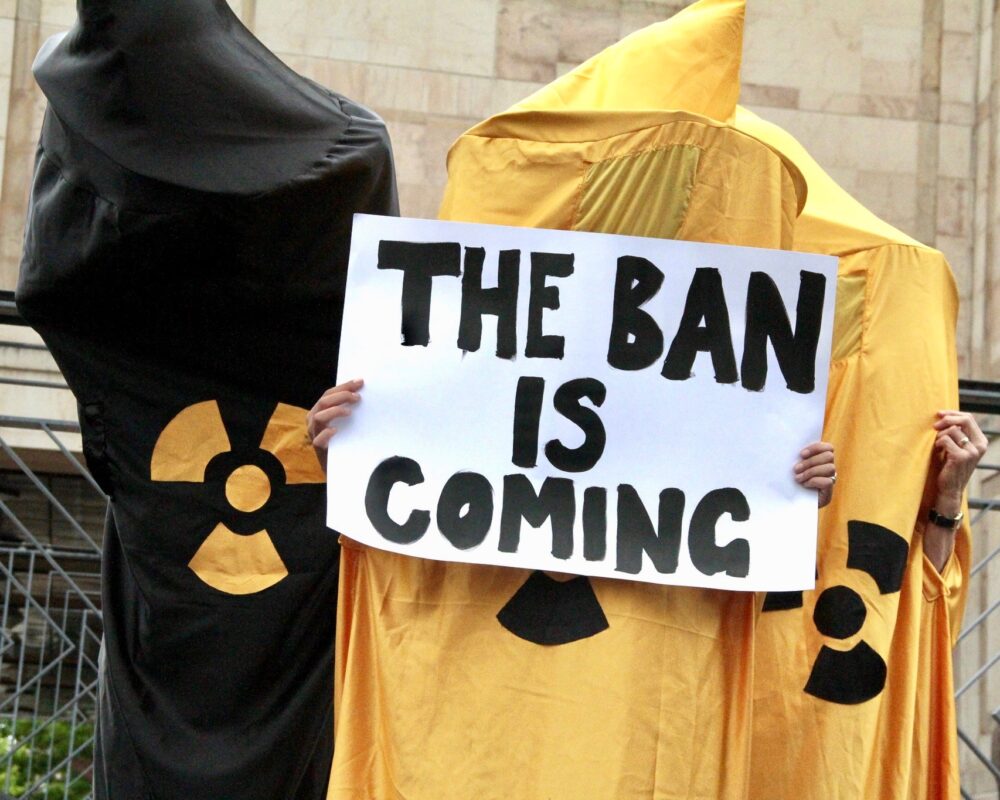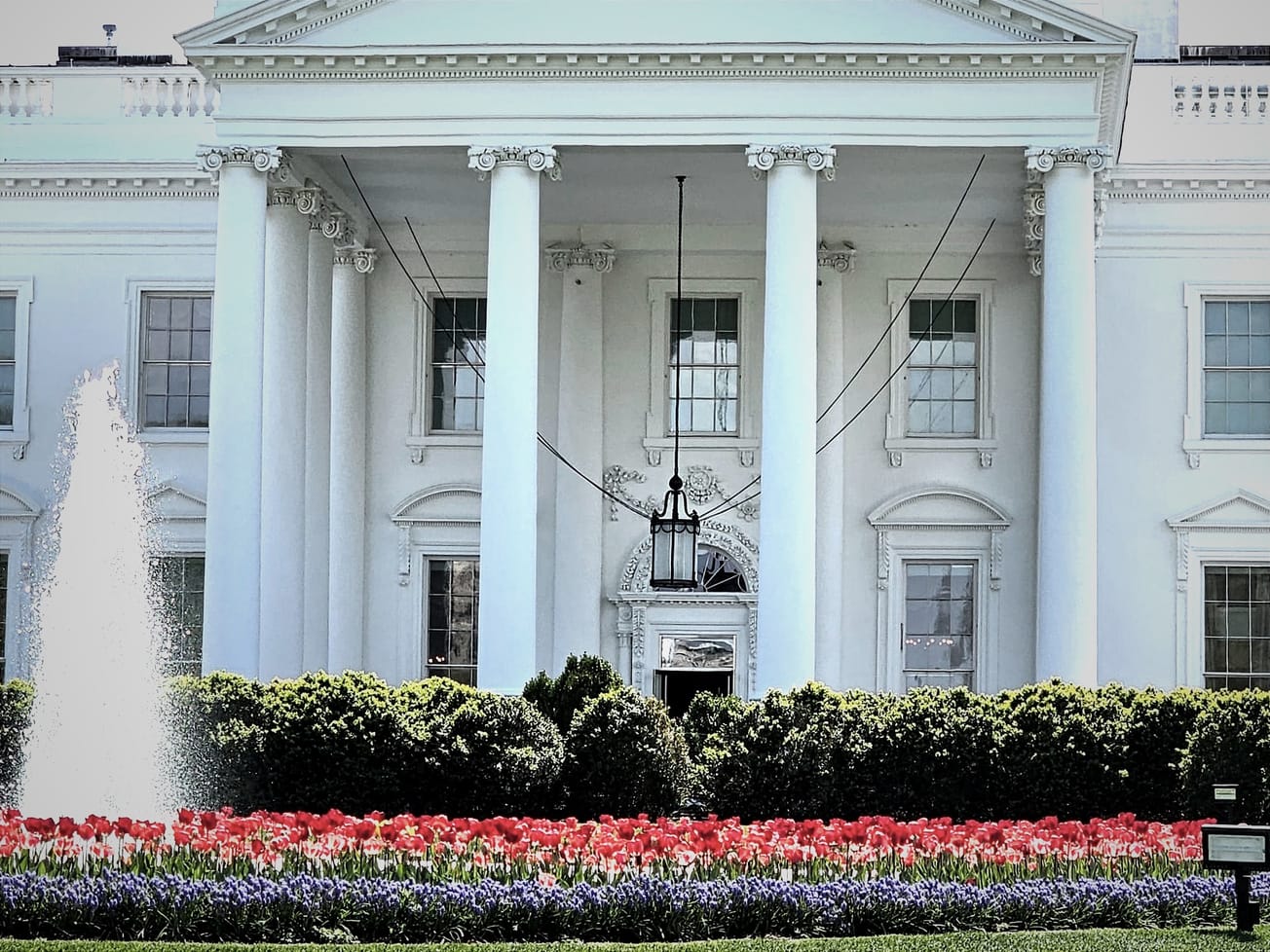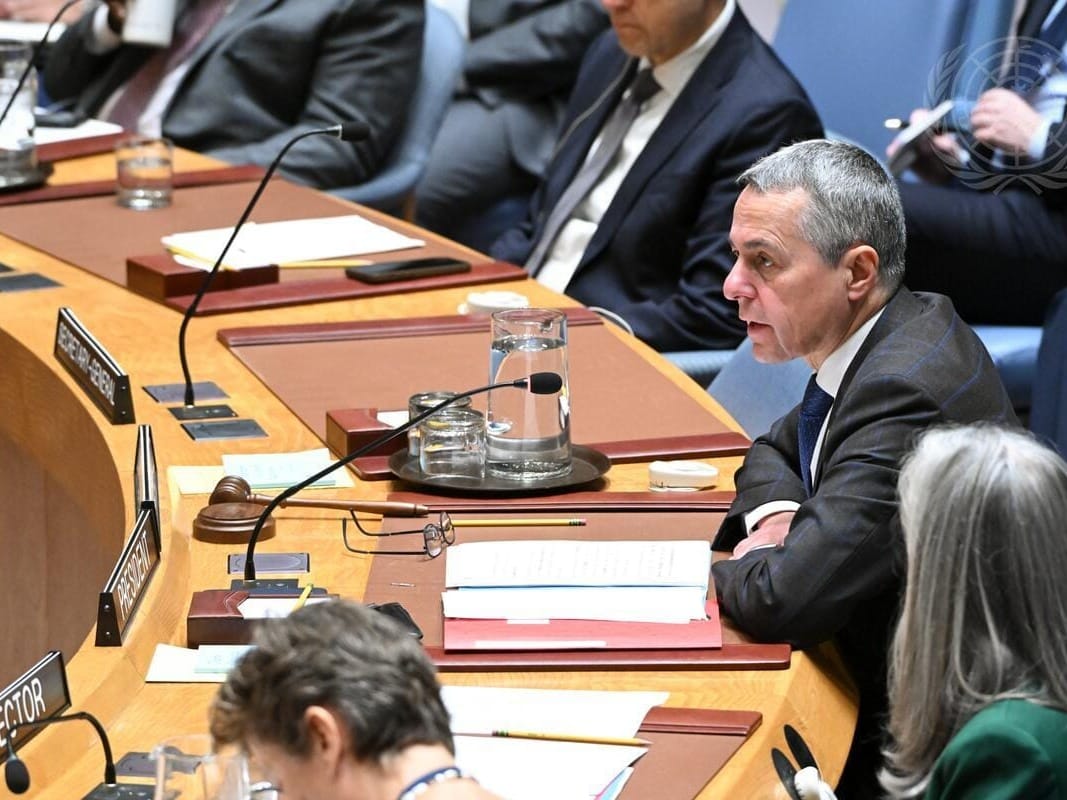UNITED NATIONS (AN) — International organizations and other advocates of world peace celebrated "EntryIntoForceDay" as the first legally binding treaty to ban nuclear weapons, approved by 122 nations in 2017, became international law on Friday.
The Treaty on the Prohibition of Nuclear Weapons, known as the TPNW, gained the minimum 50 ratifications that it needed to take effect when Honduras ratified it a day after Jamaica and Nauru did the same in October. The 50th ratification also coincided with the 75th anniversary of the U.N. Charter’s ratification on October 24, 1945 — the day the world body was launched to prevent another world war.









